When we win the General Election, the railways will run much better. That’s what all the parties say.
Of the two big guns, the Conservatives have to rely on their recent performance to win your vote, and Labour’s pledges of quick fixes may be neither realistic nor affordable.
When we win the General Election, the railways will run much better. That’s what all the parties say.
Of the two big guns, the Conservatives have to rely on their recent performance to win your vote, and Labour’s pledges of quick fixes may be neither realistic nor affordable.
So, RAIL has a clear message for its readers: use your vote to get Great British Railways off the ground. Here's our seven-point plan for a manifesto or rail:
- Get on with GBR without further delay
- Secure permanent cross-party consensus
- Draw up a 20-year plan and stick to it
- Devolve decision making to London and the regions
- Remove the bottlenecks and reopen lines
- Sort out the fares mess
- A fair deal for freight
Don’t believe what your politicians try to tell you. Question your candidates hard, because they could dictate transport policy for the next generation. So far, both major parties have conveniently ditched old policies that have left the industry fragmented and bewildered. Both their track records over the past 20 years are altogether poor.
The Conservatives have long recognised the shortcomings of hasty privatisation back in 1993, and have revived some of the best bits of British Rail.
Sorry Labour, but the renationalisation you talk about has already largely happened, and the muddled strategies of the Blair era made the situation considerably worse. And if you do win on July 4, will you have any money to do anything?
The Liberal Democrats have chosen not to take transport into the centre of the battlefield. The Reform Party wants to axe HS2 within 100 days of getting into power. The Greens paint a rosy broad brushstroke, while the Scottish Nationalists are praising the Edinburgh Trams system, despite in the past battling hard to cancel it.
Get on with GBR without further delay
It’s six years since the government hailed a new era for railways, uniting Network Rail and passenger operators. It’s three since the idea was published in the Williams-Shapps Plan for Rail.
What’s happened? Nothing yet. Conservative candidates should be asked to explain the lack of progress, but the reality is that Rishi Sunak isn’t up to speed with it, and nor are a host of fresh ministers and new senior civil servants.
Labour is already committed to GBR and wants to begin to turn it into legislation within six months of being elected (that would be next January). But maybe it needs a bit of a rework after the pandemic, Brexit, inflation, and industrial disputes.
Labour says it has a team already in place to convene with industry to empower the Department for Transport to bring track and trains together, to stop continuing uncontrolled fragmentation, and to cut the inefficiency and waste which gives passengers a poor deal.
Separately, whichever party gets in should immediately stop the ridiculous situation whereby HM Treasury is responsible for spending money, but the DfT pockets the cash from train operators. Surely GBR can sort all this out?
Draw up a 20-year plan and stick to it
Please, please don’t cancel already agreed schemes. Vote for stability.
All parties should halt the kind of indecision that killed off the northern leg of HS2. Will its land really be sold off? Some Conservatives say yes. Labour seems non-committal, although it has ideas about flogging other spare and valuable land around the UK.
All parties should stop their half a century of dithering about electrification, including the Midland Main Line (proposed in 1977, but still yet to reach Sheffield). Likewise, the Great Western inter-city routes to Bath, Bristol and Swansea, where lineside steel masts stand without wires because the investment plug was pulled.
Leeds would have had a tramway by now, but for former Transport Secretary Alistair Darling. The new scheme could now cost £2 billion, ten times the old figure. And what do the parties say about reviving those other tramway schemes for Liverpool, Bristol and Southampton?
Devolve decision-making to London and the regions
London Mayor Sadiq Khan urgently wants money to modernise the Underground’s Bakerloo line, to press ahead with Crossrail 2, and to take over more suburban heavy rail routes to turn the Overground into a kind of ‘Superground’.
The Treasury and DfT seem cool, so who will give Khan the freedom he seeks to do what he believes is best?
Even if they are sometimes not all that good with money, mayors have some sound ideas. Note that trams and buses run in complete harmony in Manchester, with possibly local rail services also coming under his wing if shrewd Labour Mayor Andy Burnham has his way.
Transport for the North and the Midlands Hub are examples of how the Conservatives have had to bow to pressure to use rail to regenerate areas with extra jobs and thousands of new homes - but only because they have found money from HS2.
Remove the bottlenecks and reopen lines
This is a pushover, but may sway voters in areas such as eastern England, where businesses are lobbying politicians to ensure that elimination of the Ely track bottleneck which they have stifled but now approved really happens.
Labour seems muddled about the general subject, however, having declared that it will encourage Open Access passenger contracts when there isn’t enough track space already - especially over Welwyn Viaduct on the East Coast Main Line.
The Conservatives made a big fuss with the Restoring Your Railways scheme, which has come to very little. Vote for the party that will dry out this damp squib.
Sort out the fares mess
This comes around every election time. But there is little evidence that any of the parties are capable of making changes, because the current intricate structure seems impenetrable.
Former Conservative Transport Secretary Grant Shapps made noises… but took no action.
Labour also completely evades the issue by saying: “The overcomplicated fares system will be reviewed.” That’s not very clear.
A fair deal for freight
Labour is already committed to freight operation staying in private hands, with fair access to spare capacity on the network between passenger trains (what spare capacity?).
All cargo customers will doubtless vote for someone who levels up track access charges with road taxes, and infills annoying gaps in the electrified network to stop time-consuming and expensive locomotive changes.
Also, exactly when will tunnels and structures be widened by a couple of feet, to allow containers to reach and leave the ports of Felixstowe and Southampton?
Login to continue reading
Or register with RAIL to keep up-to-date with the latest news, insight and opinion.

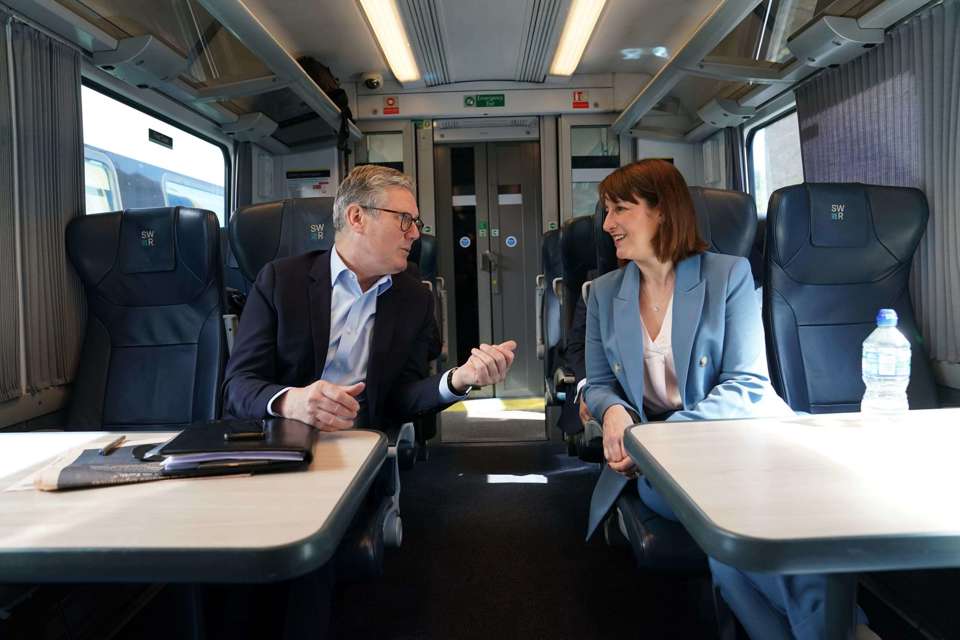

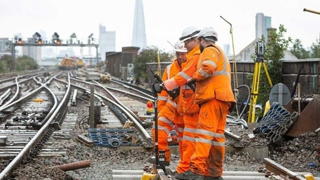
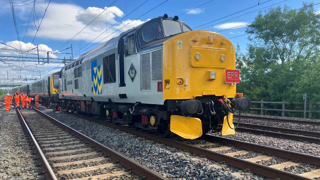
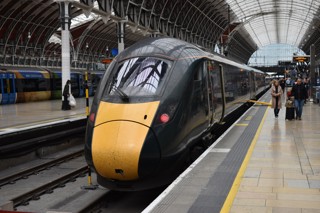
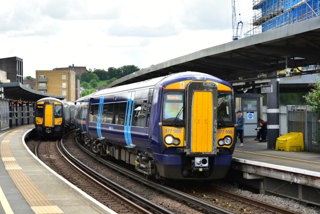
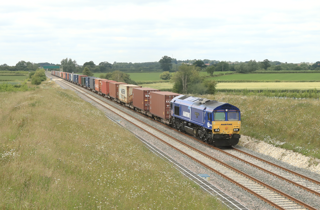










Login to comment
Comments
No comments have been made yet.